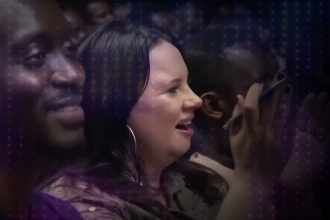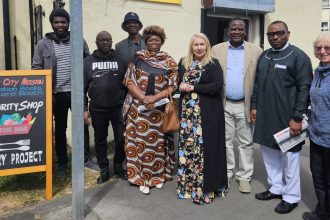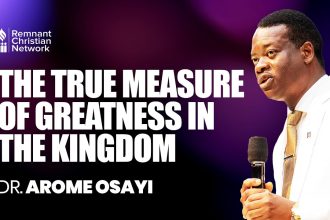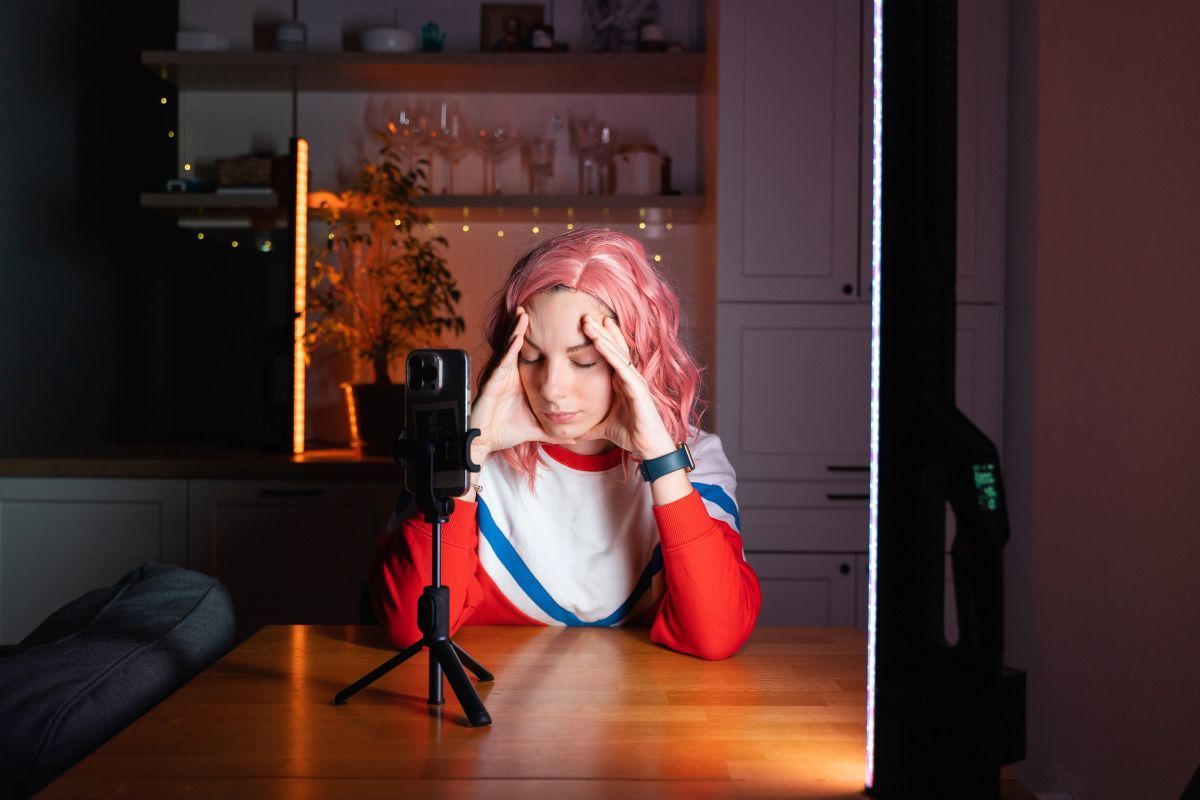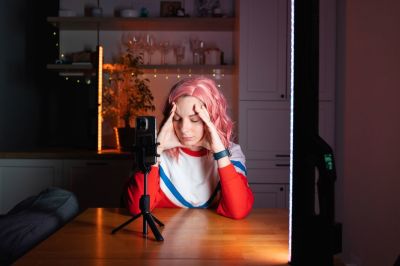
There are many signs of cultural decline, not the least of which is what is now passing for acceptable public discourse. Take, for example, the recent interview the British Broadcasting Corporation (BBC) recently did with Lily Phillips. If you don’t know who Lily Phillips is, I sincerely apologize for being the one to introduce you to her. The kindest way to describe her is that she is a prostitute.
That is not what makes her remarkable — after all, they don’t call it the oldest profession in the world for no reason. But her form of prostitution has made her wealthy and famous because it’s all on the internet. She started an online empire by selling visual access to her body, but more recently has received attention by setting new records for the number of sexual encounters in a single day. All on camera, of course. Her exploits were gawked at throughout the internet. We are so sexualized as a culture that the formerly scandalous is now blasé, and what was once unthinkable is mainstream. The BBC will even have you on to talk about it.
During her interview, Lily Phillips explained that she’s been watching pornography since she was 11 years old. While it’s unsurprising that a child shaped by pornography would end up being in pornography, she didn’t present herself as a victim but more of an expert. “It has made me really sex confident and learn a lot of things. I mean, that’s mostly how I learned, through pornography. And I do think it has a positive effect on me, just in terms of like understanding things a little bit more.”
While Ms. Phillips is unquestionably coping, she isn’t the only one defending filth in the name of “education.” Schools across the country are debating whether it’s appropriate to include materials in elementary school libraries that include graphic descriptions of sex acts. In generations past, not only would this question be answered with an emphatic “No!” but anyone defending it would have been run out of town. But these days, we’re less interested in virtue and more interested in “tolerance,” which we define as the ability to be indifferent to things that are harmful. In many cases, we defend evil in the name of “education.” “They have to learn sometime,” we tell ourselves.
Unfortunately, the kind of education adults are forcing onto kids these days is the kind of education Adam and Eve received when they ate from the tree of the knowledge of good and evil. They learned something, but life didn’t improve. Like Adam and Eve, and Lily Phillips, we promote things that are harmful, claiming it will open our eyes, but instead it darkens our understanding and derails us from our created purpose.
Innocence is a gift from God, the loss of which is a real harm, so Satan works hard to shame us for it and take it from us. This is true of adults and children alike. These days, he leverages our sense of self-importance against us and tells us that innocence is unsophisticated and surrendering it will make us wise. But there are some things we should always hope to be ignorant of. You don’t have to go into the sewer to know what’s there. Indeed, one possible consequence of knowledge unrestrained by virtue is to become a record-setting prostitute.
Jesus doesn’t love anyone more than He loves Lily Phillips, and her repentance and redemption is something we should all pray for. But let’s understand what happened and do our part to make stories like hers less common rather than more common. The assaults on our innocence are relentless, and having an effective defense begins by being less interested in whether we will learn something and more interested in whether it’s good for us.
Originally published at The Washington Stand.
Joseph Backholm is Senior Fellow for Biblical Worldview and Strategic Engagement at Family Research Council.

